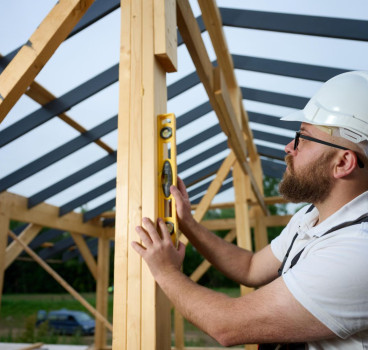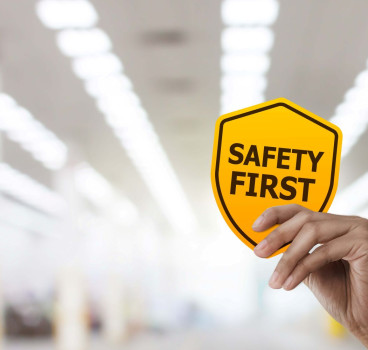Wet wipes are not flushed with success
The phrase ‘out of sight, out of mind' is certainly pertinent when we talk about everything from rubbish disposal, food waste and anything to do with plumbing and sanitation. However, as Iain Thomson, senior business development engineer at ATAC describes, one tiny new development is causing chaos the length and breadth of the country. And the time for action is now.
We had a bit of good news recently. ITV News reported that, after serious pressure, wet wipes manufacturers will apply a 'do not flush' label to their products in a bid to stop blockages. Apparently the governing body for wet wipes, EDANA, has reported that its members, who include P&G and Johnson & Johnson, have given in to pressure by agreeing to re-label products with warnings not to flush them down the toilet.
But is this all a storm in a cistern? Between August 2015 and July 2016, Northumbrian Water was informed about 1,860 blockages in the area. As part of this, the company is reminding people that ‘only toilet paper, pee and poo go down the loo'. It's encouraging residents to pop nappies, cotton buds, cotton wool, wipes and other bathroom waste into a bin.
Most wet wipes do not biodegrade (and even the ones that claim they do take much longer to fall apart than ordinary toilet roll), so they get stuck in the sewers. Oil, grease and food products then build up around them, creating solid “fatbergs” like the 15 tonne blockage discovered under the streets of Kingston, Surrey, in 2013. This monster caused such a build-up of raw sewage in the system that it almost blew the lids off the local manholes.
At ATAC, 90% of our call-outs were as a result of problems involving sanitary ware, and practically all involved blockages due to wet wipes and other “foreign material” in the sewage and pipe system. In pumping systems, wet wipes block the impeller (the pump shaft). They sit on top of a pump causing it to burn out; they disrupt the float mechanisms which are the devices which record levels in tanks giving inaccurate readings; and they clog up inlet pipes, especially in older clay pipes.
There is also a wider issue here, and it's not just about us dealing with a particularly unpleasant disaster at a property when its strikes. It's about the pressure being put on the UK's burgeoning infrastructure system, in the face of new housing stock being built, often, off-grid.
I'll give you an example. A couple of months ago I visited a developer whose collection of new-builds was completed off-grid. In just one household the disposal of wet wipes had caused untold damage to the system and resulted in all of the houses suffering what has been described as a catastrophic failure of the waste system, leading to massive insurance claims, appalling neighbourhood relations and a bill of £10,000 for the developer. And we're seeing examples like this with increased regularity.
So I'm heartened that at least manufacturers have stepped up to the plate on urging responsible disposal of wet wipes. But we need to go further and explain to all users – domestic and commercial – that individual responsibility is vital if we want to keep our taps running and our toilets flushing. The alternative doesn't bear thinking about.
Additional Blogs

Construction site safety - is zero tolerance realistic?
Walk onto almost any construction site in the country and you will see it printed in bold letters across hoardings and induction slides: ZERO TOLERANCE. It sounds decisive, reassuring and strong. The...
Read moreIs timber construction really greener - or just trendy?
Over the past decade, timber has enjoyed something close to a renaissance. Architects talk about warmth and biophilic design. Developers highlight carbon storage. Contractors discuss speed of...
Read more

4 Must-Follow Health and Safety Habits for the Modern Jobsite
The risks in modern jobsites are constant. Falls, chemical exposure and heat illnesses continue to injure workers across construction and related industries each year. The best way to reduce those...
Read more